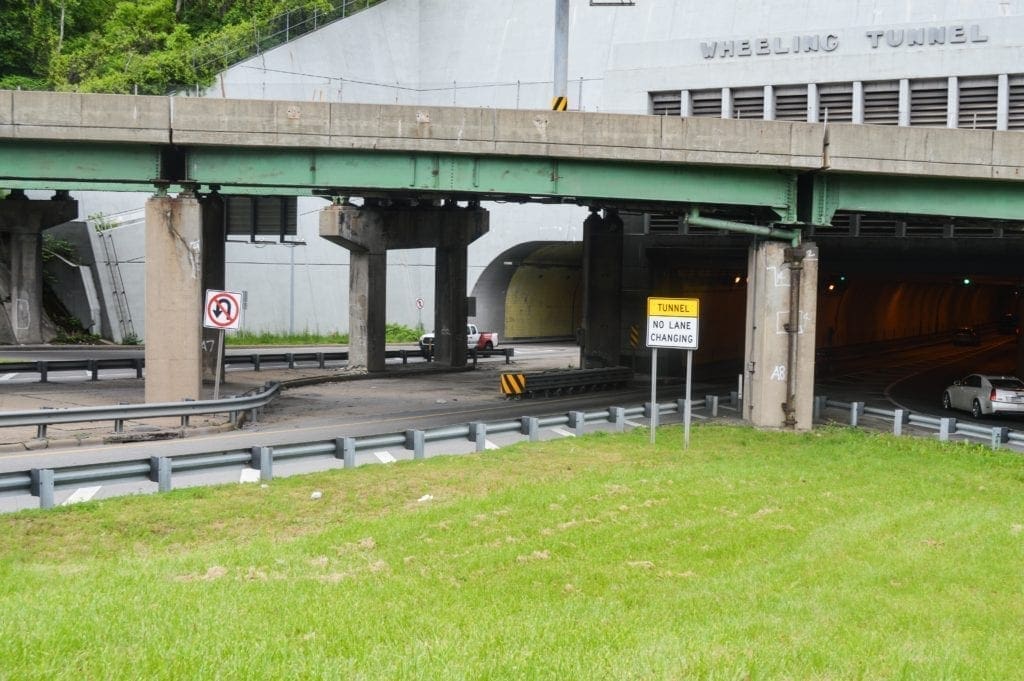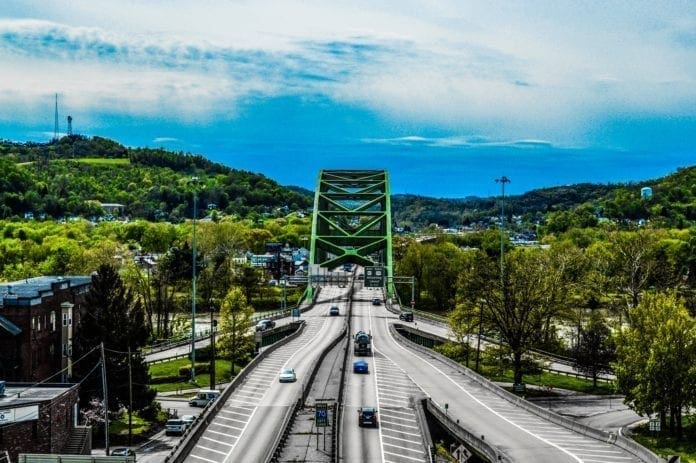For more than two years here in the Upper Ohio Valley, the top complaint from residents involved the condition of the roads. The decay is very visible and worrisome, and far too many residents believed at one point that someone would need to die before appropriate action was taken.
During the past month, though, the unusual traffic caused by road repairs has stirred the nerves of local motorists to the point they are breaking laws to remove themselves from the congestion. That is why Wheeling Police Chief Shawn Schwertfeger has reported to the media that impatient drivers are causing accidents.
In fact, the chief reported that between 25-30 crashes have taken place on Interstate 70 and Interstate 470 since Oct. 1, including a double fatality, and that 50 percent of those accidents involved local drivers.
“We all have to work together, and we have to respect each other, but that’s not what we have seen at all,” Schwertfeger said. “When I was on the SWAT team back in Virginia, our commander would repeat, over and over, ‘Slow is smooth and smooth is fast.’ He did that because that’s how we had to move during an operation.
“I believe those same words fit in this situation concerning the construction and the traffic congestions,” he added. “Slow is smooth and smooth is fast.”
Solid advice.

On Oct. 23, however, W.Va. Metro News published an article in which Wheeling Mayor Glenn Elliott stated, “You can’t complain about the quality of the roads and then complain when they are getting fixed.”
Oh yes, you can, especially after motorists encounter unexpected situations because the public was not properly informed. The lack of communication from the state Department of Transportation has caused problems for local residents and most media, and except for one public forum, only “stakeholder” meetings with business owners, local lawmakers, county sheriffs, and police and fire chiefs have taken place.
It became their job then to deliver the good and bad news unless Gov. Jim Justice decided to hold a press conference or make a visit, and what he said and what those stakeholders were told is not entirely what has transpired. For example, residents were confident additional traffic would flow to other roadways like U.S. 40 through Wheeling, Dallas Pike Road from The Highlands, and Interstate 470 through Bethlehem, but no one mentioned repaving or bridge re-decking at the same time I-70 was squeezed down to one lane in preparation for the upcoming 26 bridge projects.
It is absolutely understandable that schedules must change because of weather, surprises, and material delays, but the owners and managers of businesses in downtown Wheeling and at The Highlands are panicked over the unexpected, and that is not fair to them either. They know adjustments must be made because it is grossly obvious the bridges need repaired or replaced, but they have to know when to make those changes.
Yes, local motorists must realize Wheeling’s real “Main Street” will no longer be the easy way. Interstate 70 is going to be a hassle for a few years, and that means a 10-minute trip may exhaust 20 or 30 minutes. If communication from the state and/or the general contractor improves, though, between now and when bridge demolitions begin in February along I-70 westbound near Wheeling Tunnel, we’ll still be grumpy and impatient, but for the most part, silent.
If not? Trust me; the taxpayers will let you know.


